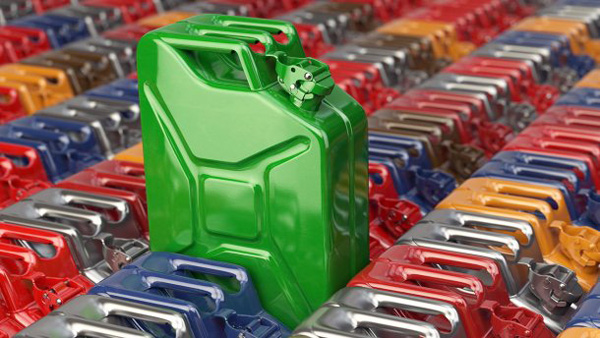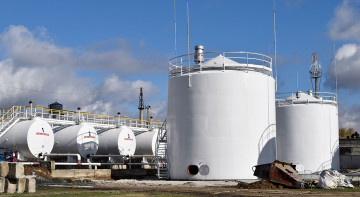I am Mariya Borevich, your personal lawyer. My primary goal is to help clients find optimal solutions to current legal issues, ensuring reliable protection of their interests. I specialize in family, civil, and military law, which allows me to effectively handle a variety of situations and cases. In family law, I provide support in resolving issues related to divorce, property division, establishing and challenging parental rights, alimony, and child custody. I understand that these matters are often emotionally complex, so I always strive to find the most delicate and fair solutions for all parties involved. In civil law, I assist in settling disputes related to contracts, property rights, compensation for damages, inheritance, and other issues concerning the protection of personal and property interests. Special attention is given to military law — supporting servicemen, protecting their rights and interests related to military service, social guarantees, and legal disputes. This area requires deep knowledge and understanding of the specifics of military service and the legislation regulating it.
Fuel storage is the process of storing petroleum products or other types of fuel at enterprises that have the appropriate licenses and permits to carry out such activities. This activity may include the storage of various types of fuel, such as gasoline, diesel fuel, fuel oil, and others.
The fuel storage process is of great importance from the point of view of safety and efficient use of fuel. Businesses that carry out fuel storage are usually required to meet high safety standards, including requirements for building standards, fire protection, ventilation systems and other measures.
The activity of fuel storage may be regulated by the legislation of the country or region and may include not only the storage process itself, but also requirements for the responsible use and maintenance of storage devices and facilities.
A fuel storage license is a document confirming the right of an enterprise to store petroleum products or other types of fuel. This license is issued by the competent authorities that have the appropriate authority in the country or region where the enterprise is located.
Is a fuel storage license required? Usually, obtaining a fuel storage license requires:
Submission of an application: The enterprise submits an application to the relevant authority specifying all the necessary documents and information.
Compliance: The enterprise must meet all requirements for fuel storage equipment, safety, fire protection and other regulatory requirements.Verification: After submitting the application, the fuel storage facility and the documents submitted by the applicant can be verified.
Payment: Usually, an appropriate fee or tax must be paid before the license is issued.
Issuing a license: If the company meets all the requirements, a fuel storage license can be issued.
Ongoing control and compliance: After obtaining a license, the company must comply with all requirements and regulations related to fuel storage, as well as undergo periodic inspections and audits to confirm compliance.
A license for the storage of fuel for agricultural producers may be necessary if the agricultural enterprise has its own technical fleet that uses fuel for the operation of agricultural machinery, for example, tractors, combines and other equipment.
Obtaining a license to store fuel for one's own needs. Obtaining a license for the right to store fuel usually requires compliance with certain requirements regarding the technical characteristics of fuel storage premises and equipment, and may also require appropriate permits from local authorities and compliance with occupational safety and fire protection regulations.
Usually, the procedure for obtaining a fuel storage license includes submitting an application to the relevant state authorities, complying with requirements regarding the technical characteristics of the premises and equipment, and may also require passing mandatory checks and inspections.Storage of fuel for one's own needs means keeping fuel on one's own site or in one's own containers for further use for one's own purposes. This may include storing fuel for refueling one's own vehicle, for domestic or agricultural use, for example, to operate agricultural machinery.
However, even if the fuel is stored for personal use, there may be permit or licensing requirements depending on the laws of your country or region. Such requirements may be established to ensure safety, environmental protection and human health.
Before starting to store fuel for your own use, it is recommended to familiarize yourself with the local rules and requirements for this type of activity. If necessary, contact local authorities or specialist legal advisers for detailed information and advice on requirements and procedures.





























